The Center For Eurasian Studies (AVİM), on 2 January 2020, as an Ankara-based non-profit think tank, has left behind an eleven-year working period in its activities. Although the start date of its corporate identity is January 2, 2009, the studies made by AVİM within the framework and understanding of a think tank date back to the first years of the twenty-first century.
As is known think tanks in Turkey began to emerge in the 1970s. However, it took a relatively long time for these institutions to make headway, and it was not until the 2000s that their number and efficacy started to increase.[1] The Center for Eurasian Strategic Studies (ASAM) which was established at the end of the 1990s in Ankara has a distinguished place amongst these think tanks. The Institute for Armenian Research (ERAREN) was established in the late-2000s under the ASAM and carried out qualified academic studies on the Armenian Question. As of 2001, ERAREN began publishing two journals, namely the Armenian Studies, which is issued four times a year, and the Review of Armenian Studies which is issued twice a year. In addition, in 2005, ERAREN started publishing the journal International Crimes and History, particularly to shed light on the Turkish and Muslim communities who were deported from the Balkans and Caucasia to the Ottoman Empire in the 19th century.
ASAM was closed in 2008 after more than ten years of activity and for replacing the ERAREN, the Center For Eurasian Studies (AVİM) was founded on January 2, 2009, under the chairmanship of the late Ambassador (R) Ömer Engin Lütem. AVİM, in addition to shouldering all the functions of the Armenian Research Institute, aimed to conduct studies on the Eurasian Region and expanded its field of study.
Eurasia, which is the main field of study of AVİM, covers a vast area extending from the Atlantic Ocean in the westernmost part of Europe to the Pacific Ocean in the eastern edge of Asia. Within this very wide area, the regions that AVİM primarily focuses on are the Balkans, the Wider Black Sea Region, the Caucasus and the Central Asia. Turkey, in the changing global geopolitical context, is situated in a key geography for the security and stability of Eurasia. The Caucasus and the Balkans are in fact the two major fault lines in this geography. For this reason, AVİM focuses particularly on these two regions in its studies.
AVİM, within the framework of its studies on Eurasia, has been bringing to the agenda the concept of “Constructive Eurasianism” since 2013. In this context, the “Constructive Eurasianism” concept rejects the understanding based on the search for an alternative to the West in definitions for Eurasia and instead of creating new rivalries and antagonisms, proposes for the creation of new avenues for cooperation through which Turkey can position itself properly in a changing world. While defending Turkey's integration with the West, at the same time, underlines the importance of developing a new relationship with the East.[2] In this context, AVİM has started to publish the “Eurasian World/Avrasya Dünyası” journal since October 2017. In this context, this semi-academic journal includes Turkish and English analyses and interviews that will shed light on the economic, social and political developments in Central and Eastern Europe, the Balkans, the Black Sea Region, the Caucasus and Central Asia. In addition, processes in geographies around Eurasia like in Western and Southern Europe, Iran, Afghanistan, India, Pakistan, China, Korea, Japan and ASEAN countries can be included in the journal in proportion to their relevance for the developments in Eurasia.
At the current stage, AVİM is presently publishing the Eurasian World journal and the following three peer-reviewed academic journals:
- Ermeni Araştırmaları (in Turkish; since 2001)
- Review of Armenian Studies (in English; since 2002)
- International Crimes and History / Uluslararası Suçlar ve Tarih (bilingual in English and Turkish; since 2005)
It is beneficial to emphasize that these journals provide a very useful opportunity for academics and researchers of the higher education institutions both in Turkey and in the Turkic world for publishing their studies in peer-reviewed journals. It should be noted that in addition to the periodical publications mentioned above, “Daily Bulletin”, which is published by AVİM five days a week, in two languages which deals with current issues, is an important publication that can contribute to academic studies and research.
AVİM, which is a non-profit and independent think tank, maintains its existence with limited local and modest financial contributions, and does not receive any contributions from international private funds and foreign foundations neither on a project basis nor within the framework of financial aid. AVİM has been shouldering this comprehensive and time-consuming workload with the diligent work of a limited number of personnel. Realizing the eleventh year of its foundation, AVİM will continue to carry out its studies with the same care and diligence.
[1] AVİM Onursal Başkanı Lütem E. Büyükelçi Ömer Engin, “AVİM’in Geçmişi ve Geleceği Üzerine,” in 2015 Yıllık Rapor (Ankara: Avrasya İncelemeleri Merkezi, 2015), 8–10.
© 2009-2025 Center for Eurasian Studies (AVİM) All Rights Reserved

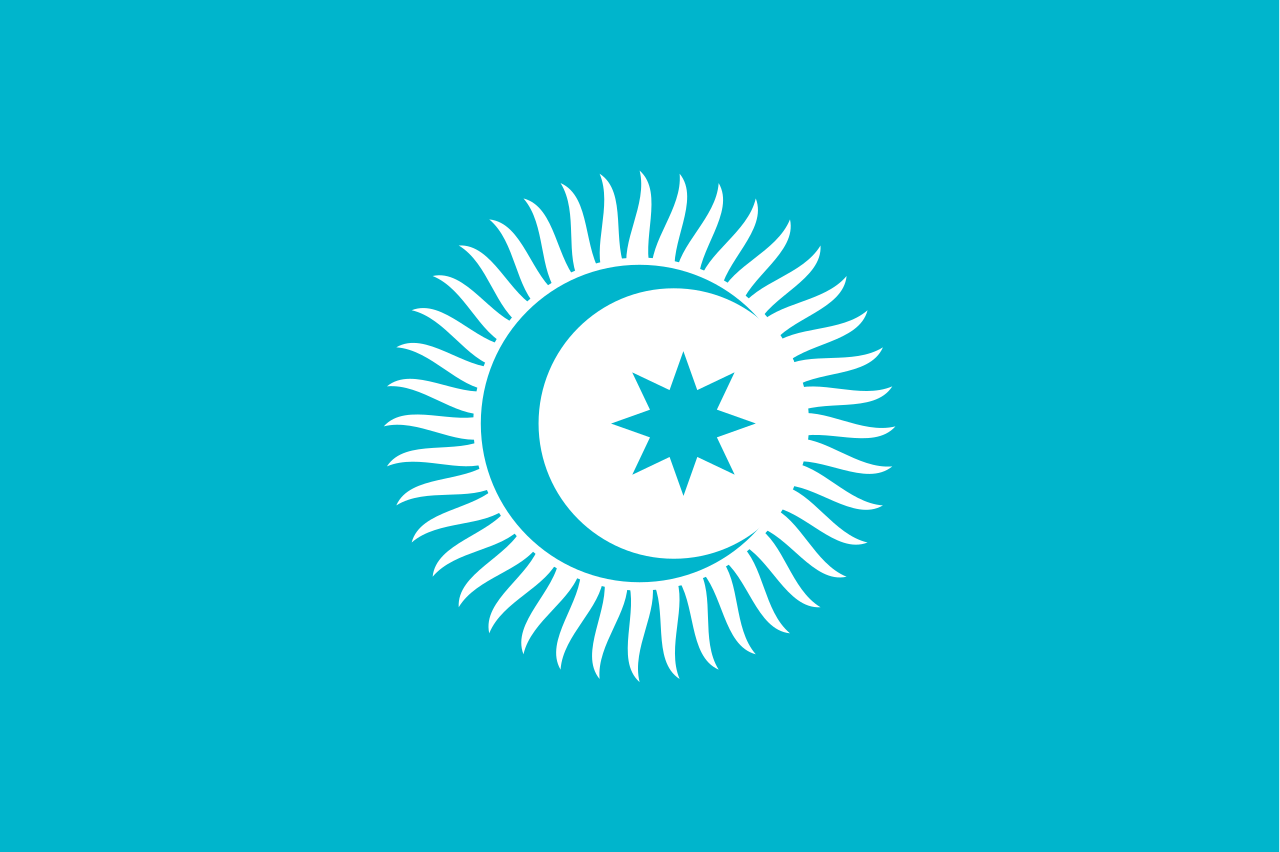 THE REPUBLIC OF KAZAKHSTAN: INITIATOR OF THE ORGANIZATION OF TURKIC STATES
THE REPUBLIC OF KAZAKHSTAN: INITIATOR OF THE ORGANIZATION OF TURKIC STATES
 POPE’S VISIT TO AZERBAIJAN: A TEST FOR UNIVERSAL FRATERNITY
POPE’S VISIT TO AZERBAIJAN: A TEST FOR UNIVERSAL FRATERNITY
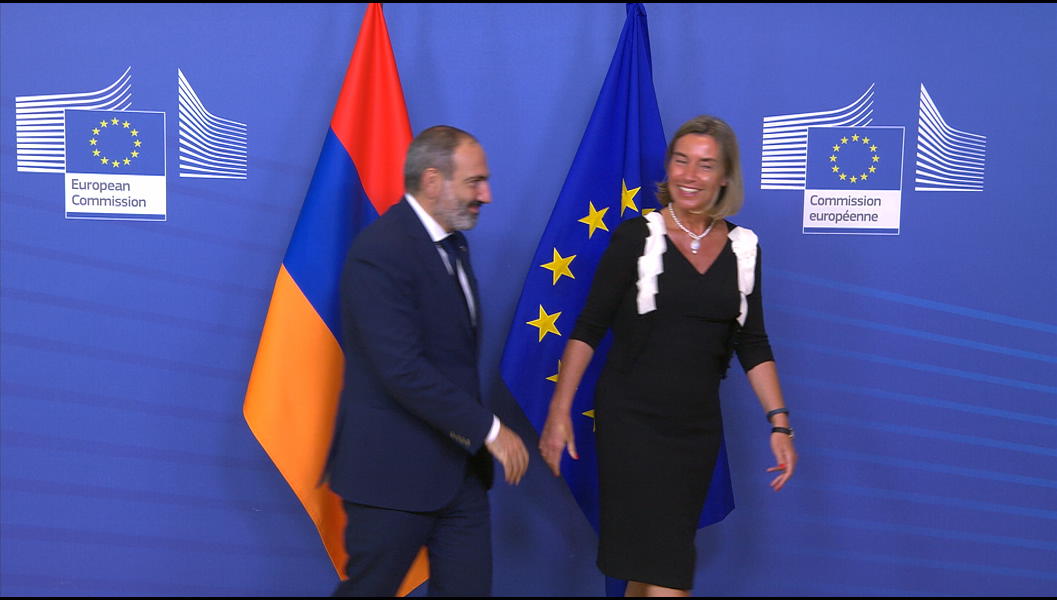 ARMENIA, EU AND A NEW FRAMEWORK FOR ECONOMIC ASSISTANCE
ARMENIA, EU AND A NEW FRAMEWORK FOR ECONOMIC ASSISTANCE
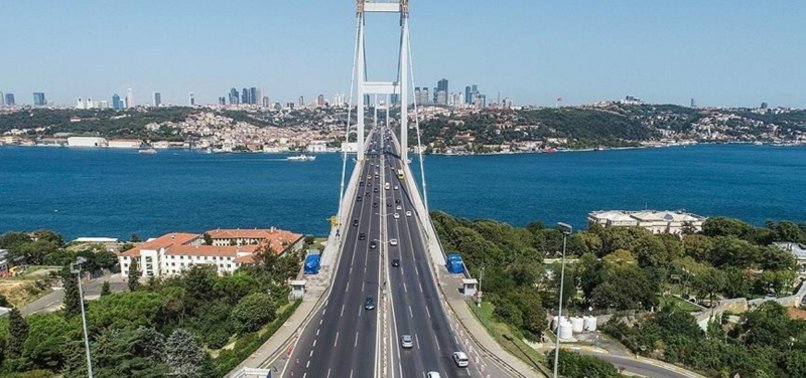 TÜRKİYE'S EVOLVING ROLE AS A EURASIAN NEXUS: A BALANCED PERSPECTIVE
TÜRKİYE'S EVOLVING ROLE AS A EURASIAN NEXUS: A BALANCED PERSPECTIVE
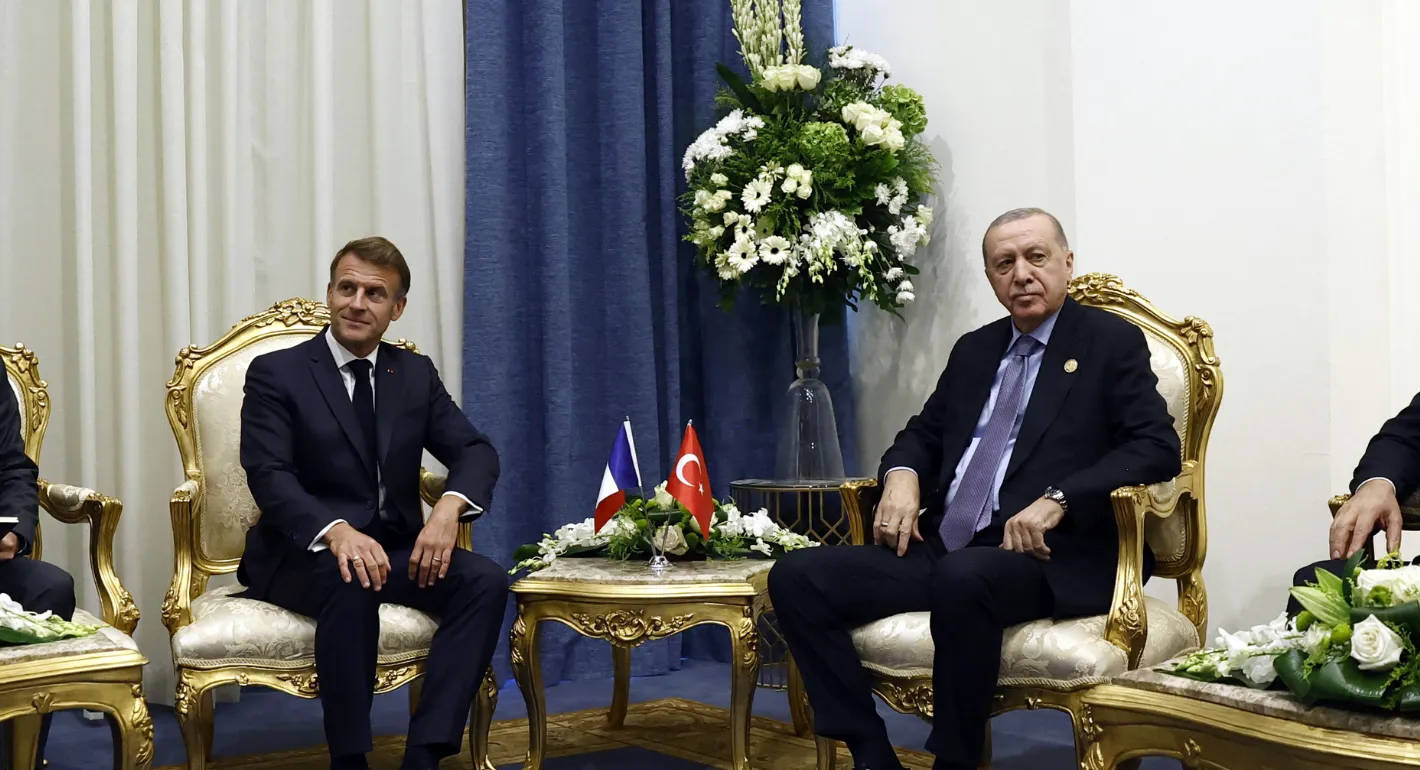 FRANCE, TÜRKİYE, AND THE BLACK SEA ORDER: LEGAL REALITIES VERSUS STRATEGIC SHORTCUTTING
FRANCE, TÜRKİYE, AND THE BLACK SEA ORDER: LEGAL REALITIES VERSUS STRATEGIC SHORTCUTTING
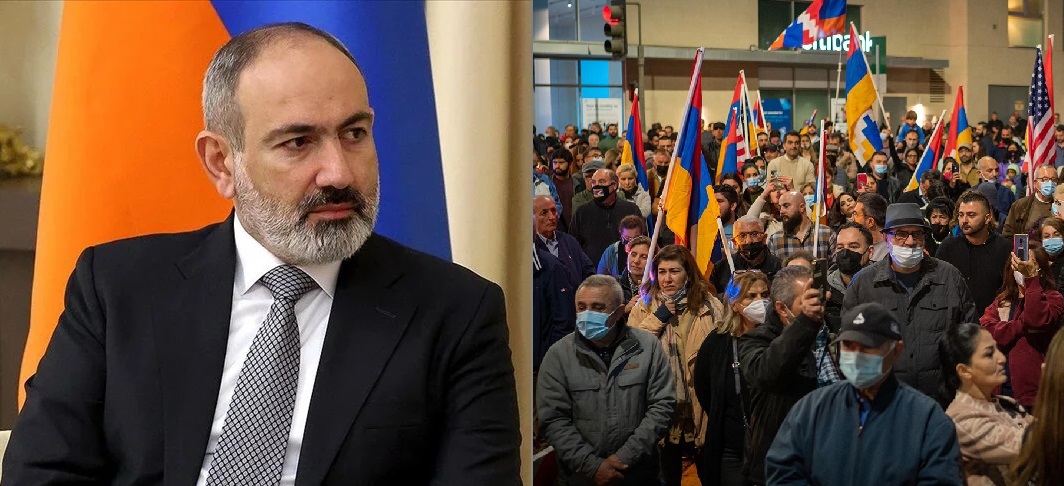 THE DIVERGENT AGENDAS OF THE ARMENIAN GOVERNMENT AND THE DIASPORA
THE DIVERGENT AGENDAS OF THE ARMENIAN GOVERNMENT AND THE DIASPORA
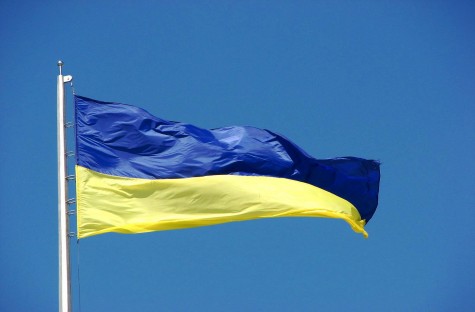 PROSPECTS FOR PEACE IN UKRAINE? SUMMIT IN MINSK: FROM AUGUST 2014 TO FEBRUARY 2015
PROSPECTS FOR PEACE IN UKRAINE? SUMMIT IN MINSK: FROM AUGUST 2014 TO FEBRUARY 2015
 JOE BIDEN’S STATEMENT ON 1915 EVENTS: PURPOSEFUL POLITICAL ACTIONS MAY CAUSE UNANTICIPATED CONSEQUENCES, AN ANALYSIS FROM THE SOCIOLOGICAL VIEWPOINT
JOE BIDEN’S STATEMENT ON 1915 EVENTS: PURPOSEFUL POLITICAL ACTIONS MAY CAUSE UNANTICIPATED CONSEQUENCES, AN ANALYSIS FROM THE SOCIOLOGICAL VIEWPOINT
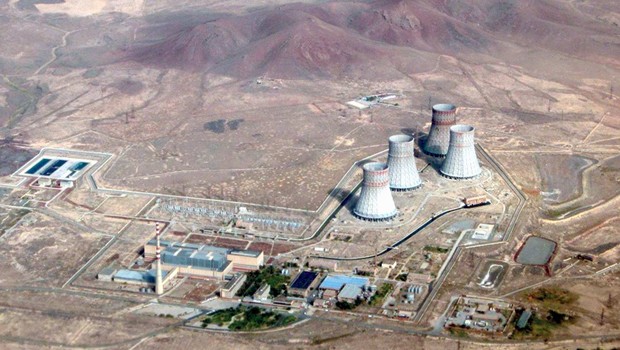 METSAMOR AND REGIONAL NUCLEAR-SECURITY IN THE SOUTH CAUCASUS
METSAMOR AND REGIONAL NUCLEAR-SECURITY IN THE SOUTH CAUCASUS




























